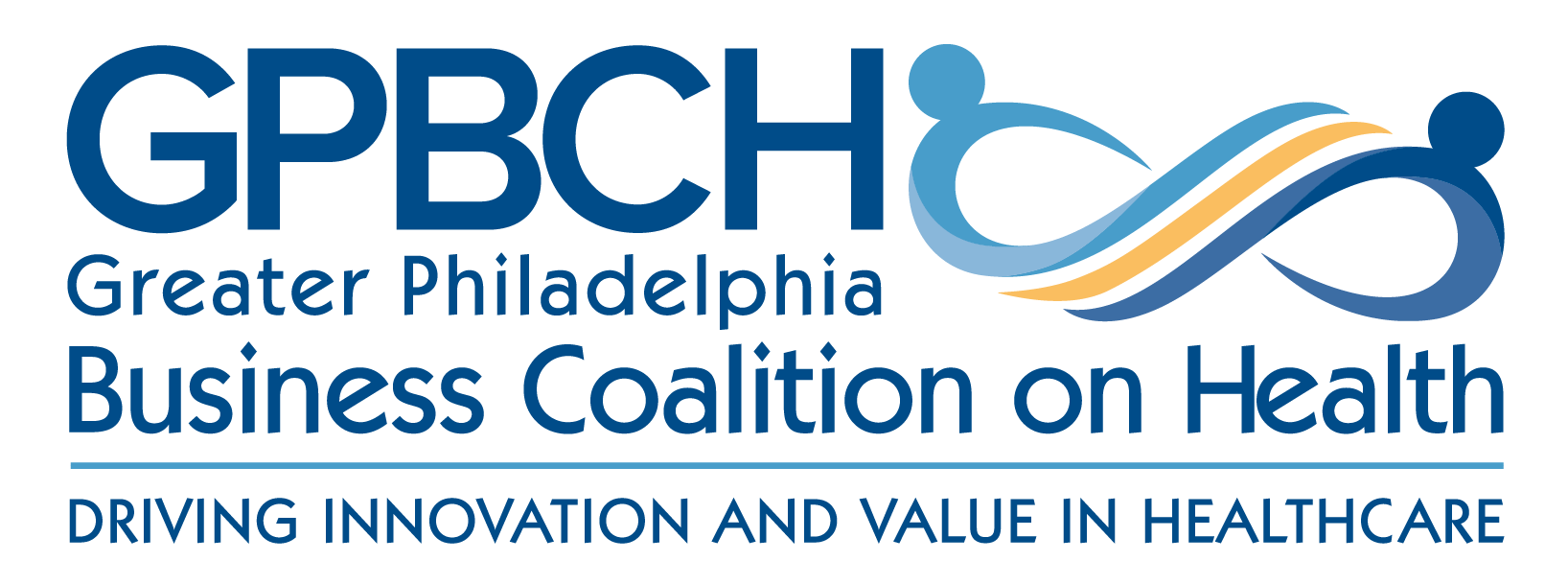
Health Equity and Access Weekly Roundup: May 4, 2024

This week, the Center on Health Equity and Access highlights a variety of gaps that exist in health care, spanning women's health, the rising rate of metabolic disease, and policy for LGBTQ+ and immigrant populations. The consensus among featured experts points to comprehensive care models.
In the final episode of a special month-long podcast series celebrating National Minority Health Month produced in partnership with
The prevalence of metabolic diseases, such as diabetes, has dramatically increased over the last two decades, creating significant financial burdens and health challenges for individuals and society. In an interview with The American Journal of Managed Care® (AJMC®), Joanne Mizell, chief operating officer of
Shelly Lanning, cofounder and president of Visana Health, stresses the critical need for comprehensive approaches to women’s health care and coverage options in a presentation at the
Chris Pagnani, MD, PC, founder of Rittenhouse Psychiatric Associates, explains how telemedicine is revolutionizing mental health care in an interview with AJMC. Serving approximately 10,000 patients across 5 states, telepsychiatry eliminates barriers to access for those in underserved areas. Pagnani highlights the convenience of remote consultations, particularly for patients in rural regions, while acknowledging the imperative of maintaining care quality. He emphasizes the importance of personalized treatment and addresses limitations such as the inability to monitor vital signs remotely, advocating for diligence in adapting strategies to ensure patients receive comprehensive care.
Newsletter
Stay ahead of policy, cost, and value—subscribe to AJMC for expert insights at the intersection of clinical care and health economics.








